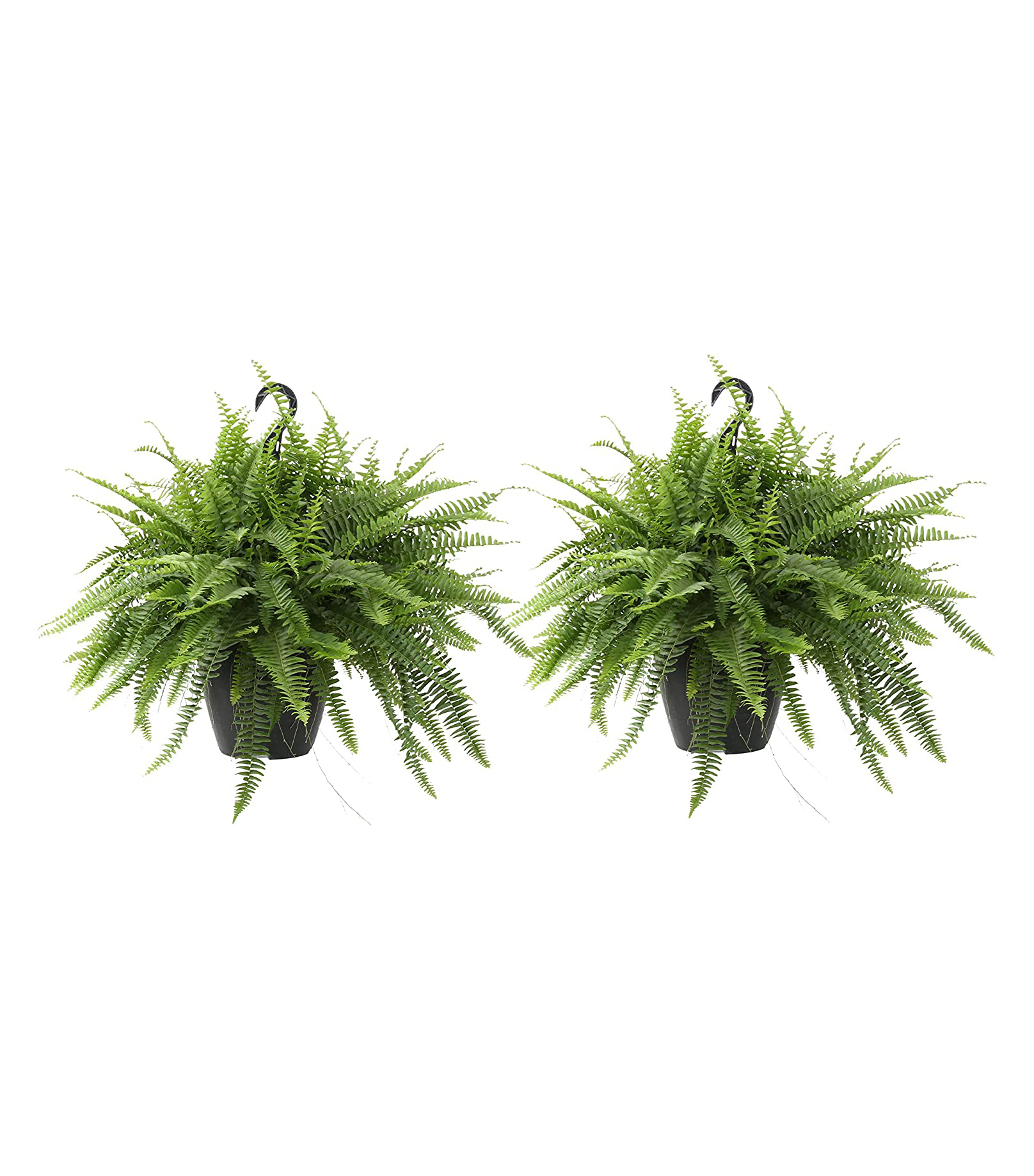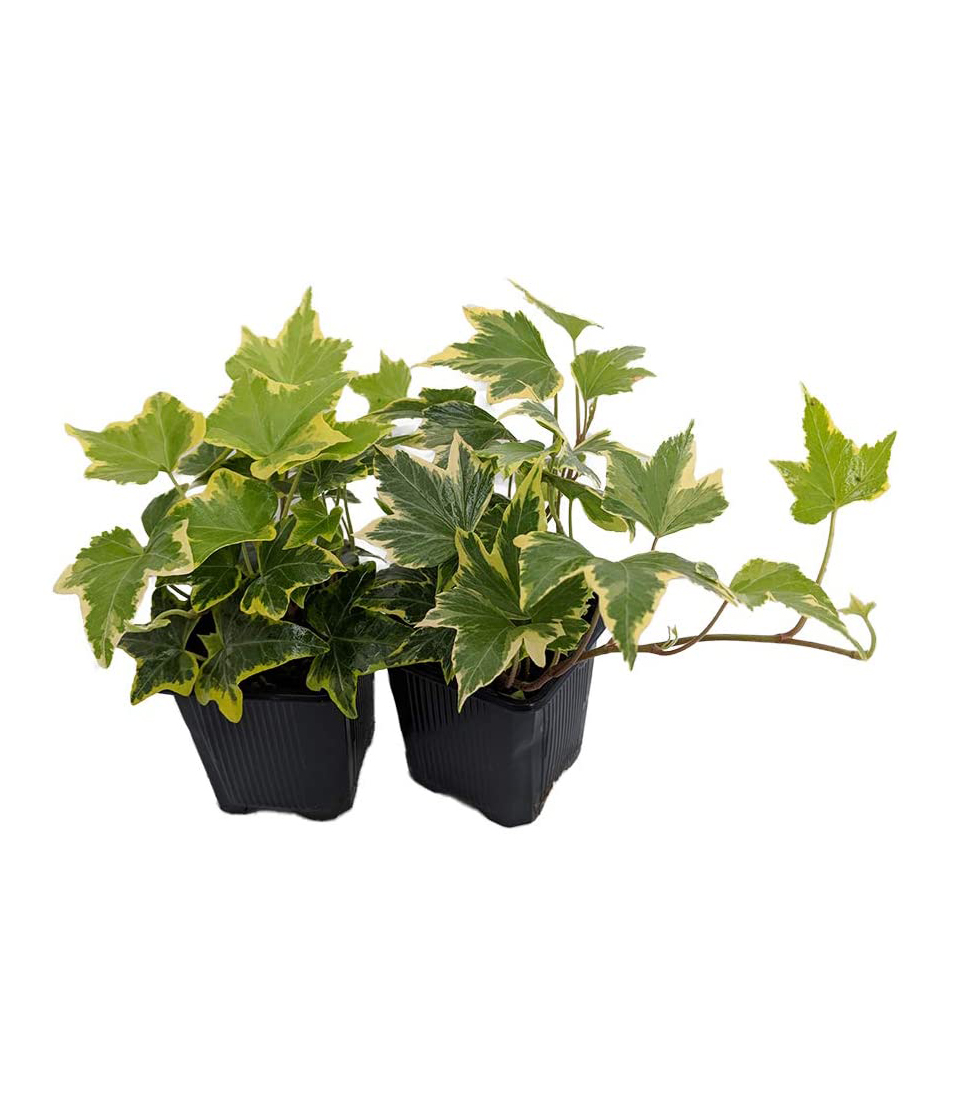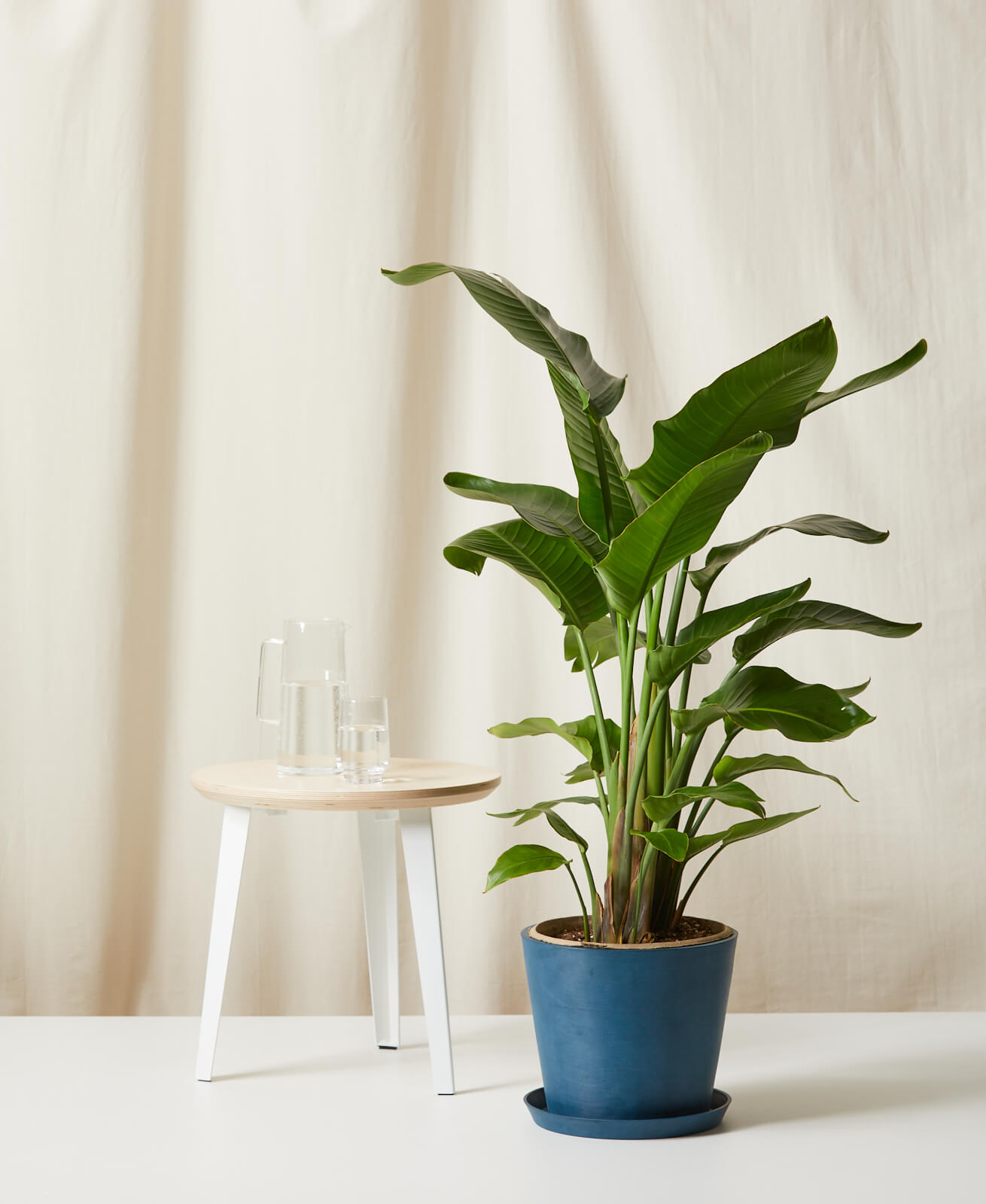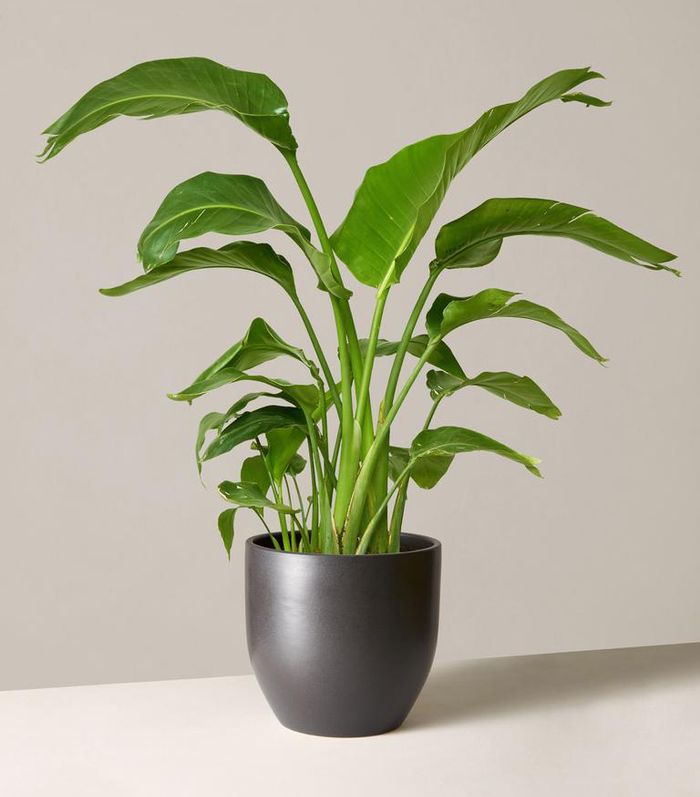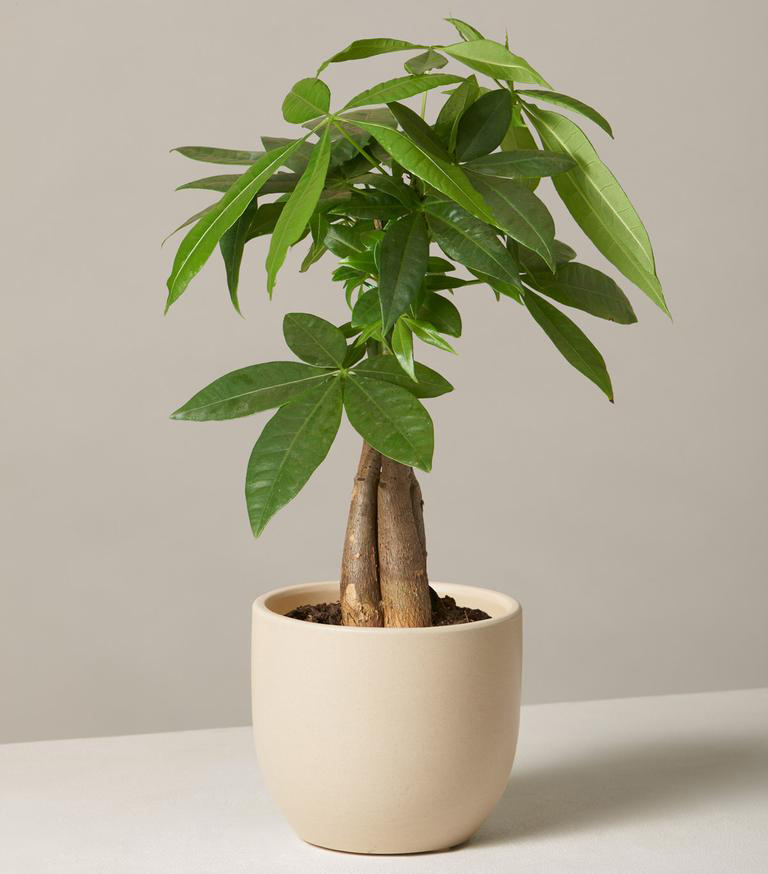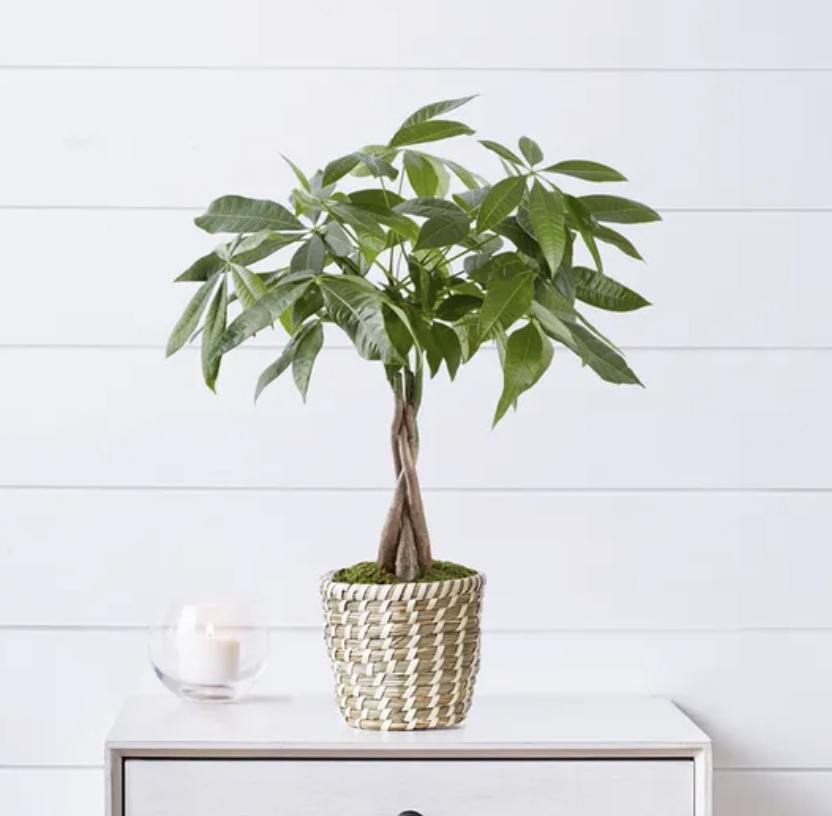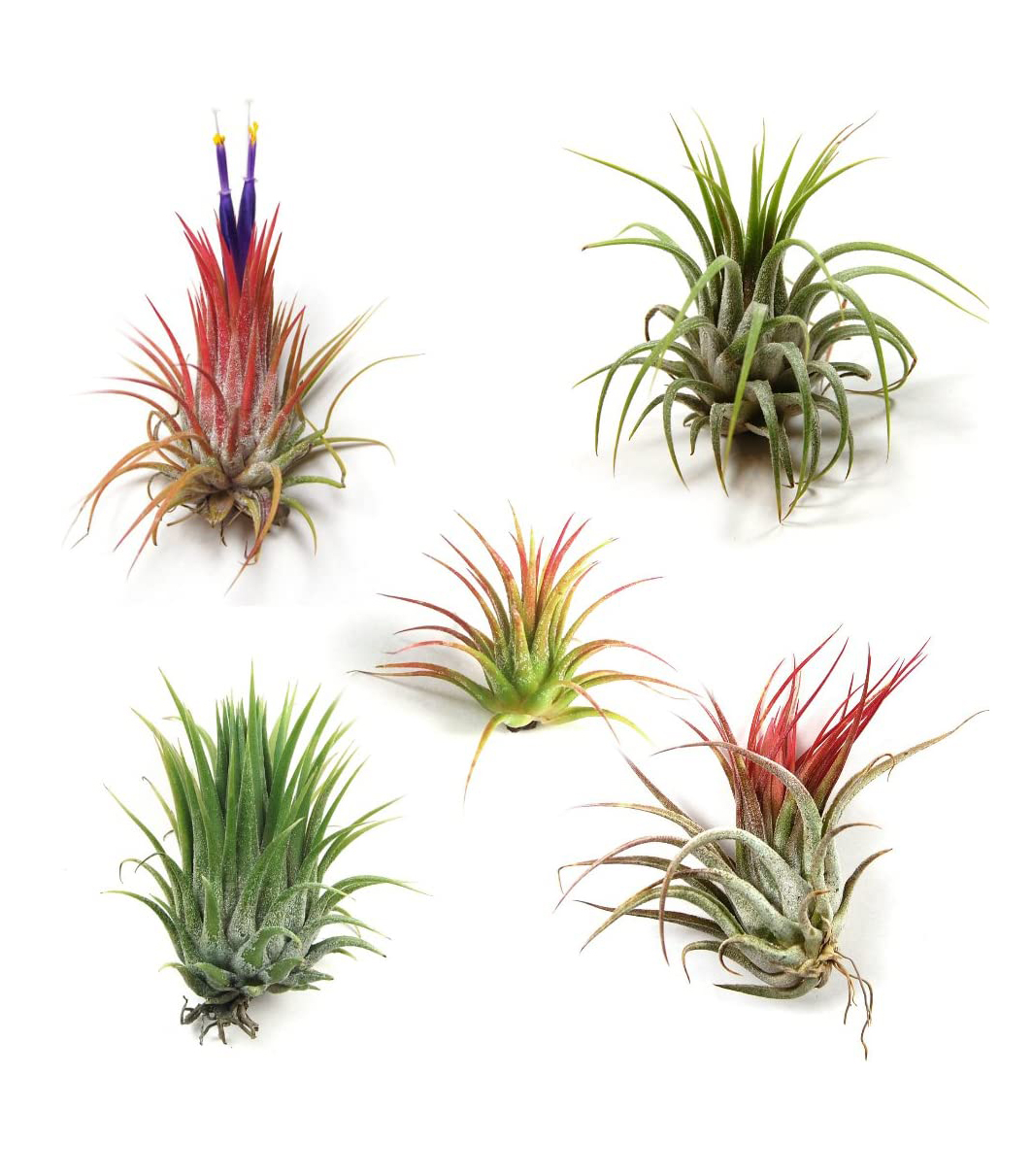The Top 5 Indoor Plants for Clean Air That Are Better Than Pricey Purifiers, TBH
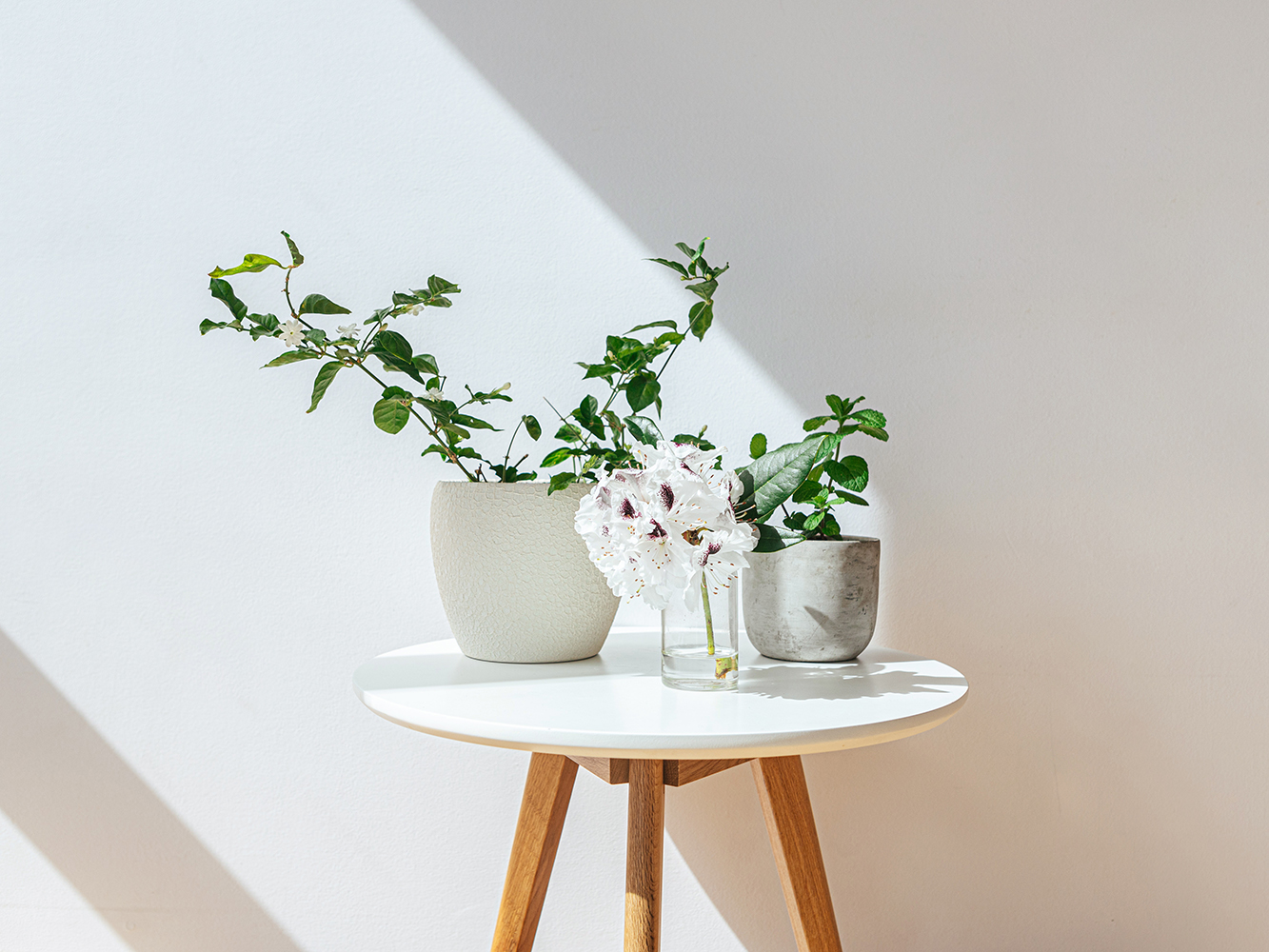
Looking for ways to purify your personal space in the name of wellness? Turns out incorporating some indoor foliage into your décor scheme is so much more than an aesthetic endeavor. Simply put, you can use houseplants to clean the air. "While humans breathe in oxygen and breathe out carbon dioxide, plants do the opposite—they absorb carbon dioxide and convert that into fresh oxygen, which then humans can inhale and start the cycle all over again," explains Washington, D.C. based plant feng shui expert Clara Leung, who is also the owner of the wildly successful Facebook Marketplace shop Clara's Green House. "During this process, plants are also able to remove toxins from the air we breathe."
The aforementioned toxins are volatile organic compounds (known as VOCs), which can be found in household items and paints, with examples including formaldehyde, benzene, and trichlorethylene, explains Alfred Palomares, vice president of merchandising and resident plant dad at 1-800-Flowers.com. Studies have found that indoor houseplants can cause up to a whopping 89% reduction in VOCs in the air, he adds, proving the undeniable link between keeping your place full of plants and cleaner air.
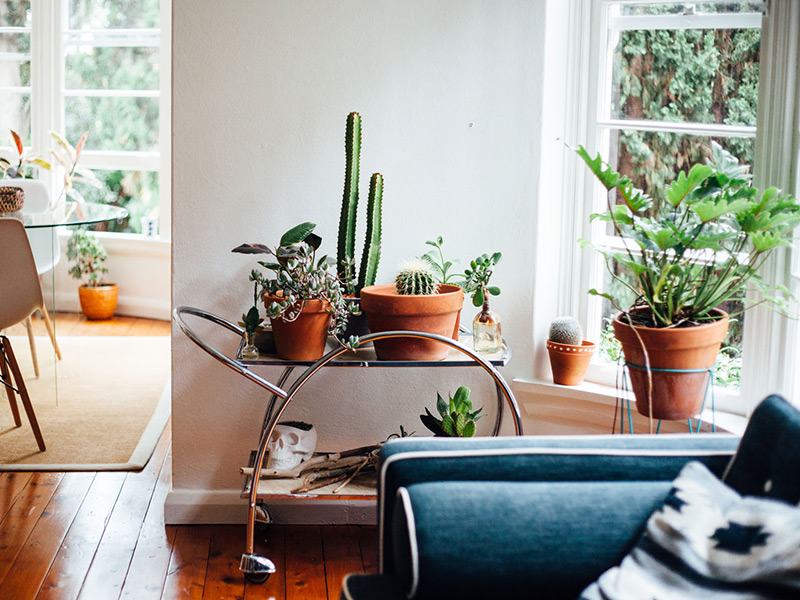
Seems like at-home greenery is ready to replace your trusty at-home air purifier—and actually, your humidifier, too. "Plants improve the indoor air quality by humidifying the air," says Debbie Neese, a horticulture expert for Lively Root. "They release water vapor as part of photosynthesis and respiration."
Considering how much time many of us spend indoors, adding one of these superpowered houseplants to your space is the perfect quarantine hobby to take up or perhaps an opportunity to test your abilities to take care of a living being other than yourself—and, of course, clean the air to give you a healthier home, too.
Boston Fern
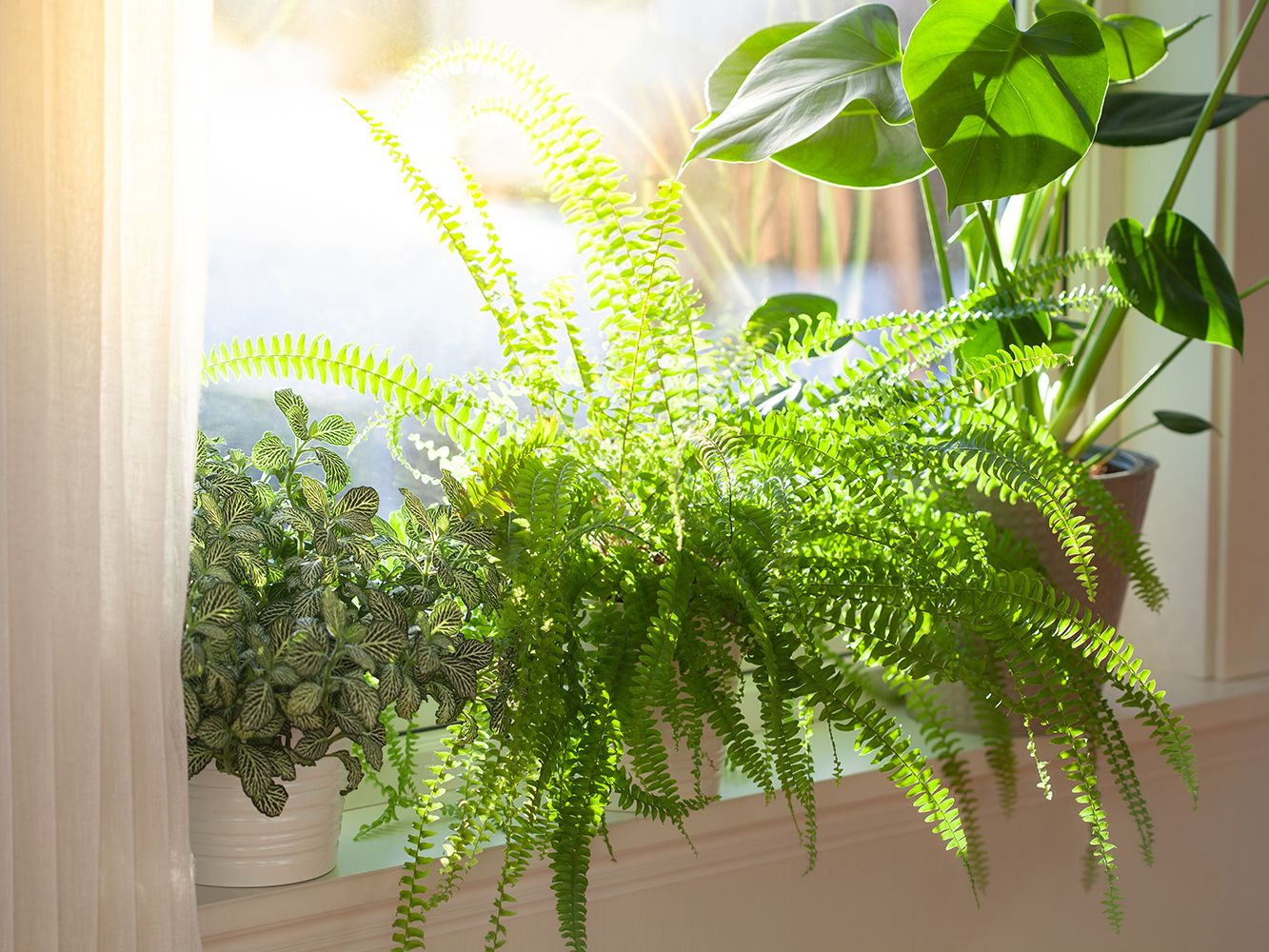
"Perfect for providing dimension to small spaces, this pet-friendly plant handles light better than most ferns," says Palomares. "It thrives best in bright, indirect light and should be misted once or twice a week." Neese agrees with the fern's purification prowess but notes that the plants can be trickier to take care of, as they prefer a more humid environment. (My frizz-prone hair does not.)
English Ivy
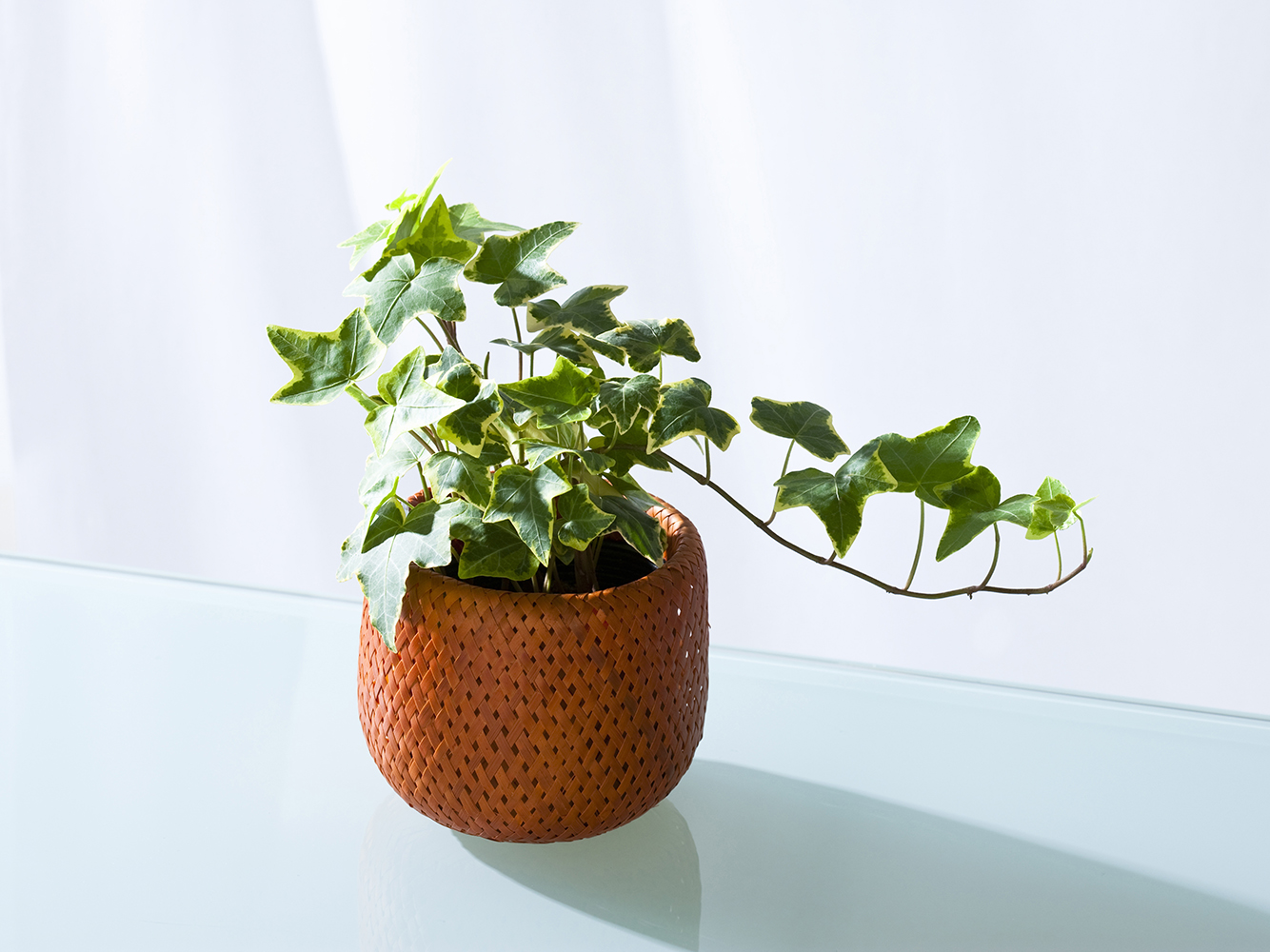
These classically beautiful vines are highly efficacious at removing VOCs, notes Neese, yet are a bit temperamental when it comes to their care. Not only is English ivy dangerous to have at home with pets, but its leaves can burn in direct sunlight or in any southern exposure, adds Palomares.
Bird-of-Paradise
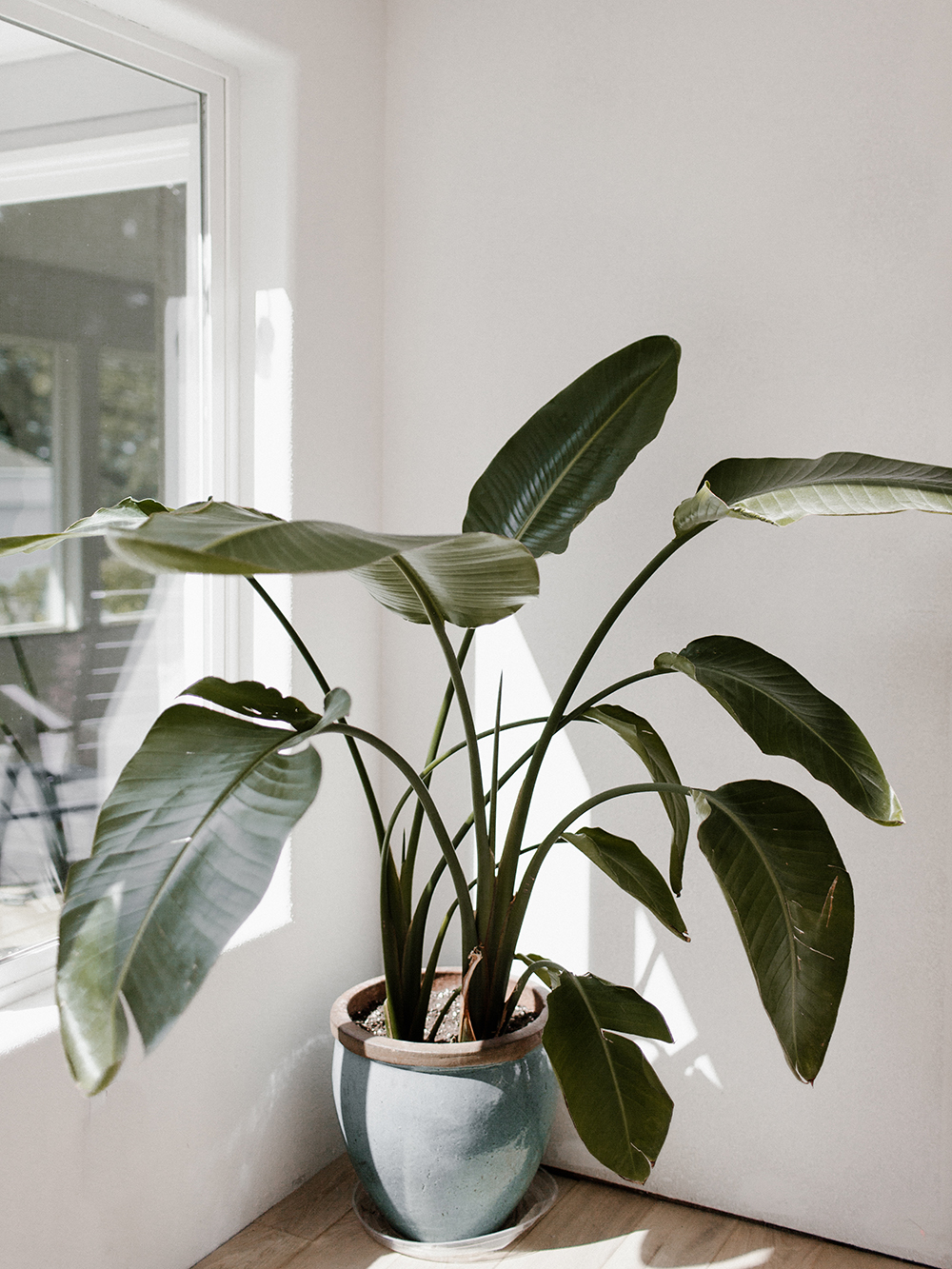
With both a tropical look and name, a bird-of-paradise is a great choice for those looking for a low-maintenance plant, says Leung, as it requires partial shade or indirect sunlight and only needs watering once per week. "In feng shui, a bird-of-paradise can increase good energy," she adds. "Plus, this plant does an excellent job of absorbing dirt, so if you have one in your home, you might notice more dirt on the leaves but less dirt everywhere else."
Money Tree
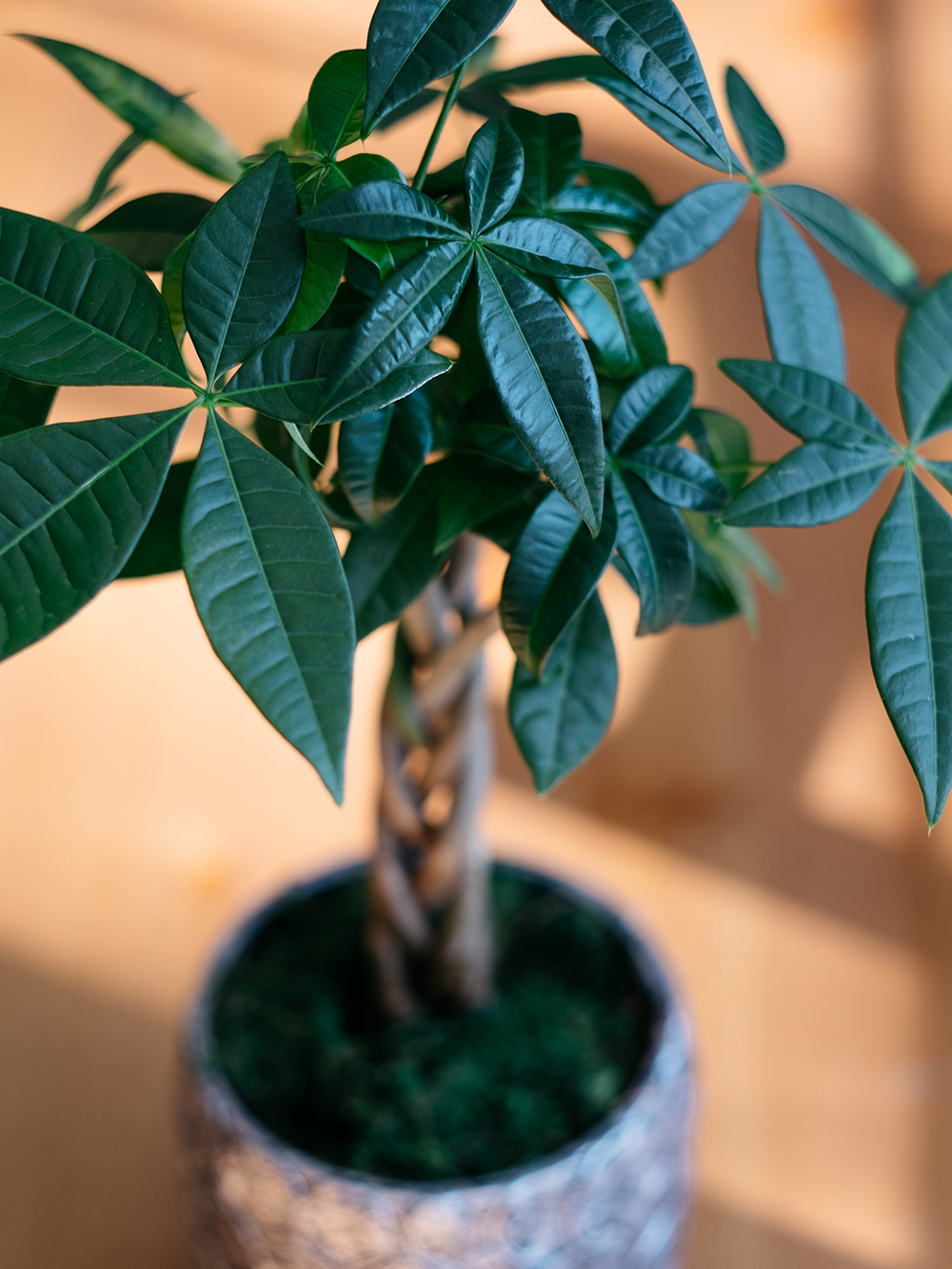
I'm partial to this plant because I have one sitting on my desk as I type this (in its proper feng shui position, of course). However, the money tree isn't just a talisman for prosperity and good fortune. Its green, glossy leaves and braided trunk make the easy-to-care-for option a no-brainer for any spaces in need of a style upgrade (and a bit of good luck, too).
Tillandsia
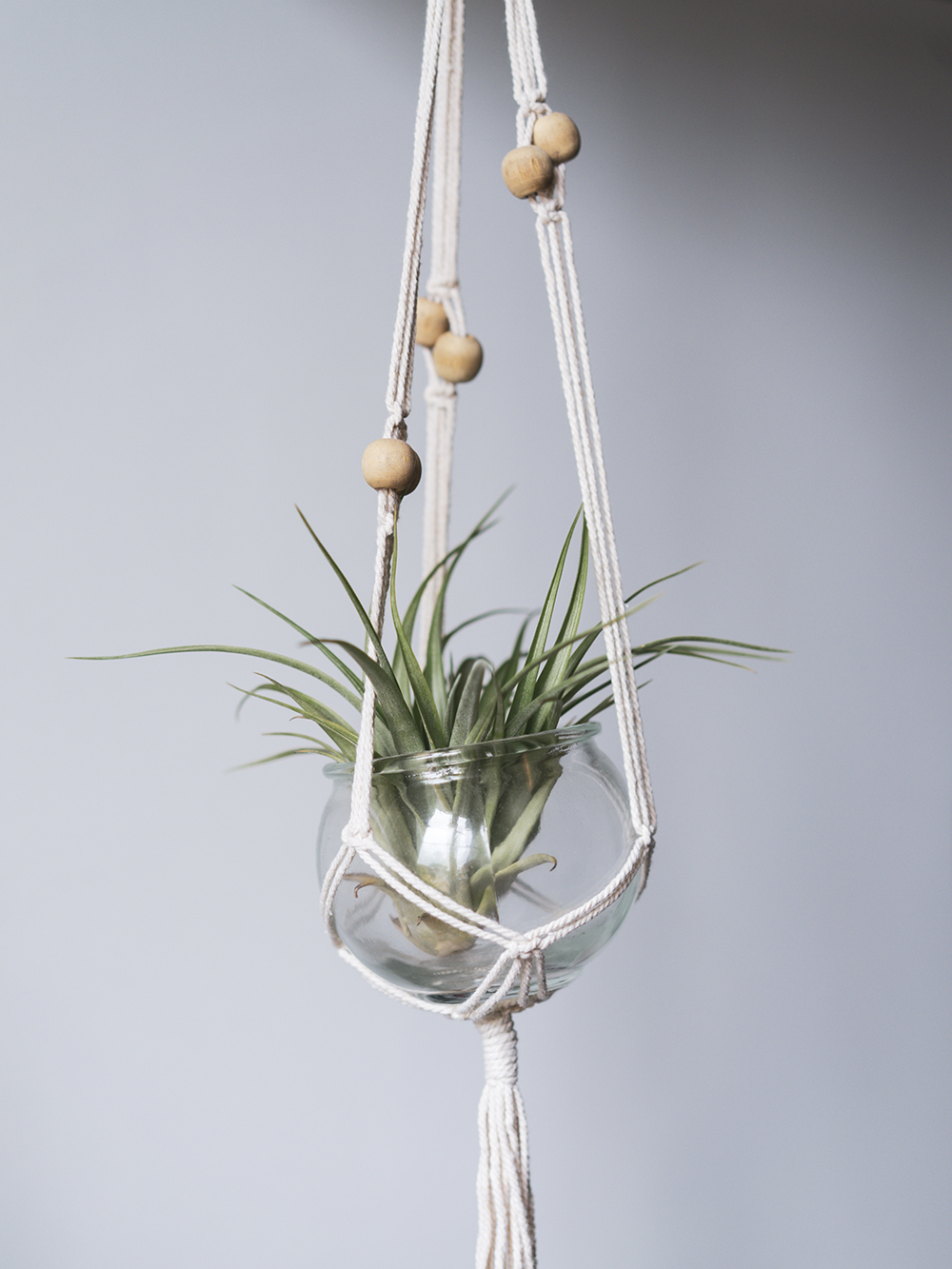
For those looking for a nearly no-maintenance option, give tillandsia the old college try. Also known as air plants, these adorable little guys thrive outside of soil and actually do best when living in a terrarium, says Palomares. Feel free to experiment with the placement and styling of these pet-friendly plants, but remember to submerge them in water once every two weeks to keep your tillandsia in tip-top shape.
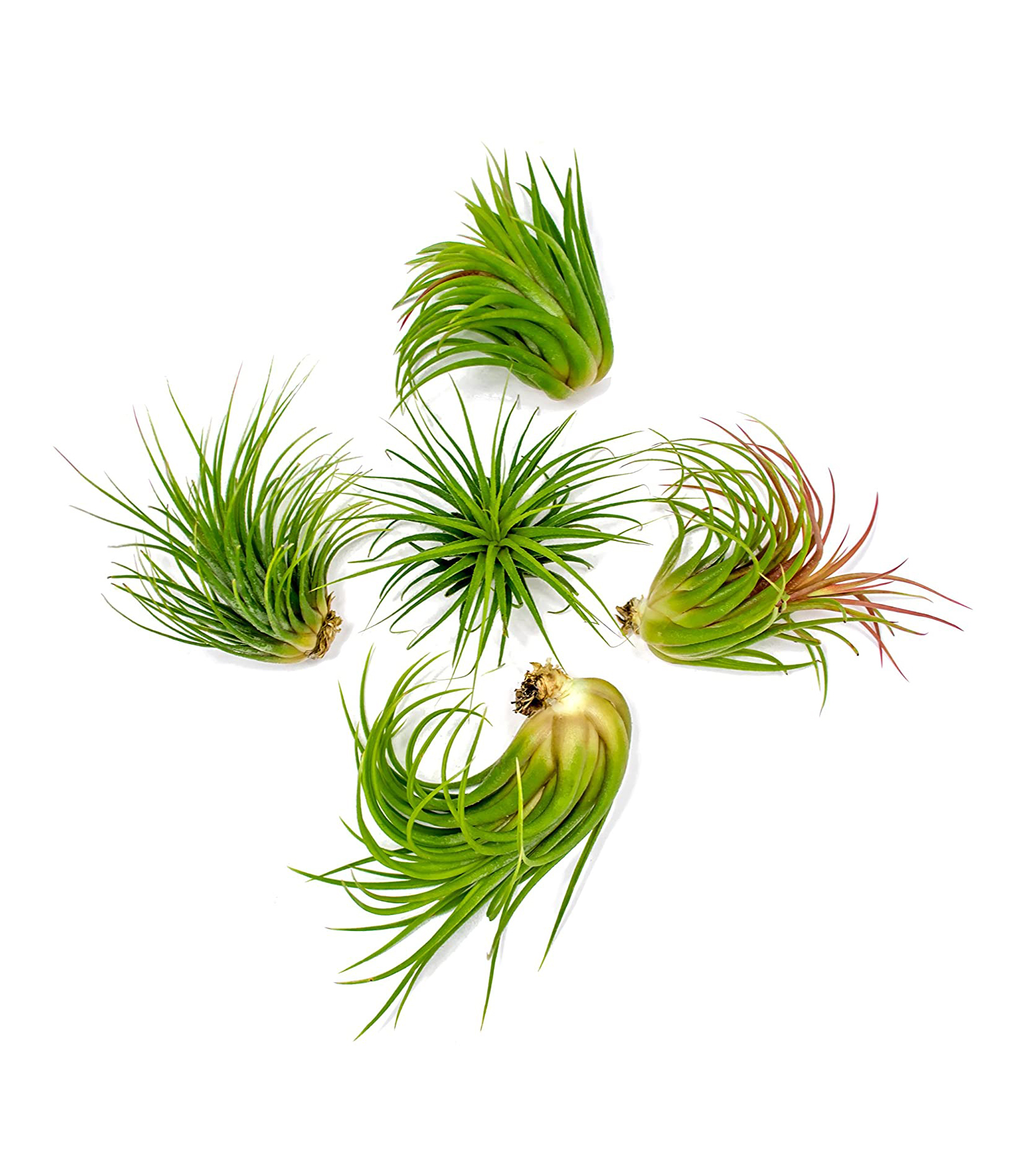
The article was originally published at an earlier date and has since been updated.
Next up: Caring for the 20 Plants in My Apartment Sparks So Much Joy
This article is provided for informational purposes only and is not intended to be used in the place of advice of your physician or other medical professionals. You should always consult with your doctor or healthcare provider first with any health-related questions.
